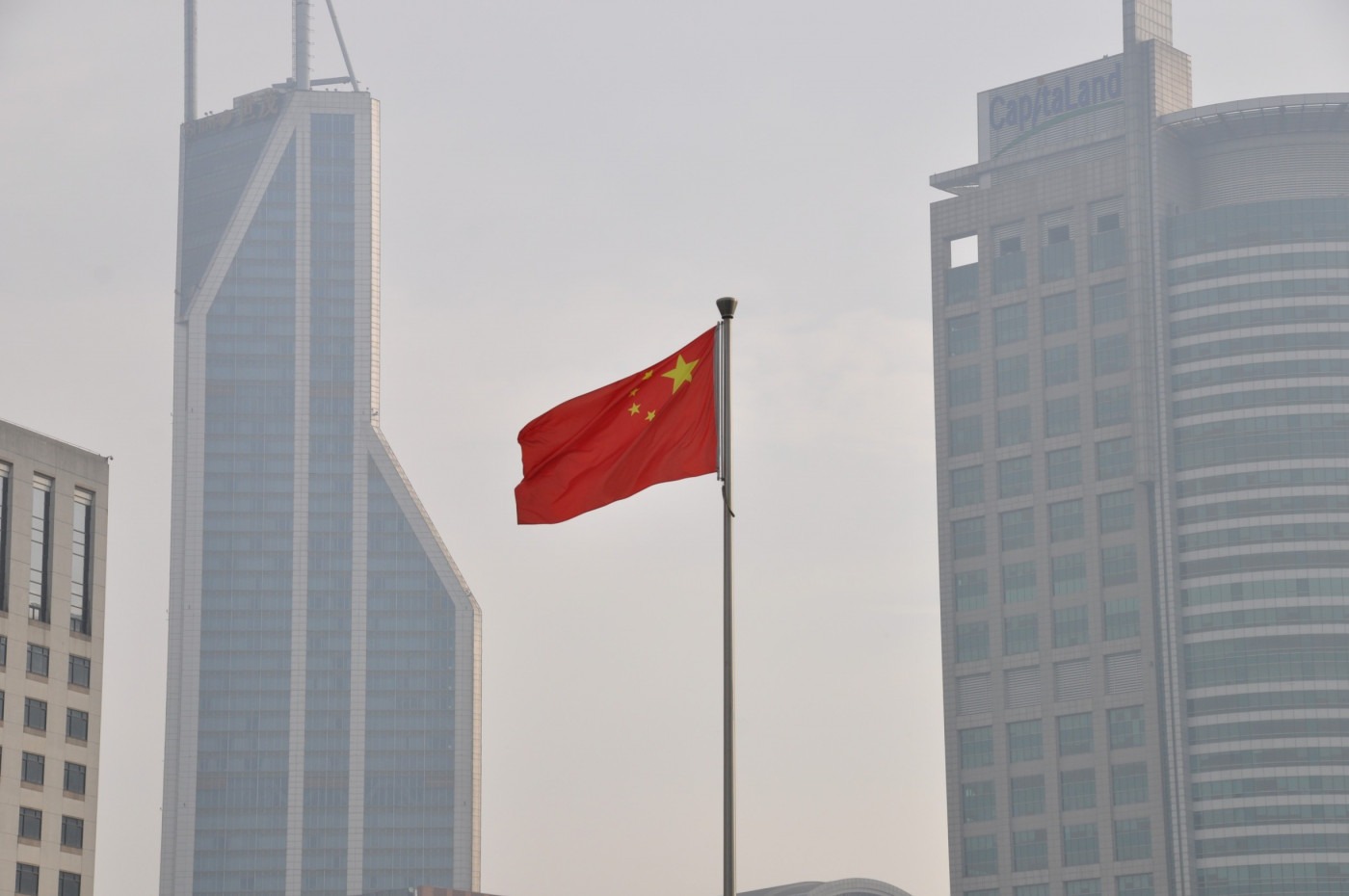China’s stock market rally grinds to a halt
Chinese stocks have had a field day, with the Hang Seng China Enterprises Index, which comprises Chinese stocks listed in Hong Kong, jumping more than 30% over the past month. However, a recent lack of further information on fiscal stimulus has seemingly halted the rally, leaving many questioning whether it will continue or fall apart.
Goldman Sachs previously estimated that the rally could extend by another 15–20%. But, as market analysts detail, investors were left disappointed by the National Development and Reform Commission (NDRC) press conference on Tuesday.
At the conference, the NDRC’s chairman said he is “fully confident” the country will achieve its full-year social and economic objectives. He also announced that China would issue CN¥200 billion ($28bn; £21.5bn) for spending and investment projects by the end of the year. However, government officials fell short of detailing specific measures they would take to revive China’s economy.
“The meeting underwhelmed our modest expectations and seemingly those of investors”, Michael Hirson and Houze Song of 22V Research LLC, a financial research firm, wrote. “While Beijing is keen to revive equities, it does not feel compelled to abandon financial restraint to aggressively stimulate the real economy.”
On Wednesday, an index tracking the performance of the tourism sector fell by 8.97%, with property companies also struggling. Both of these developments reflect a lack of confidence in the current stimulus efforts and disappointment in the NDRC’s announcements.
The rally started when China’s government announced a stimulus package on 24 September, in the hopes of boosting growth to reach their 5% GDP target by the end of this year. This package included an interest rate cut from 1.7% to 1.5%, and lower reserve requirements – allowing banks to hold less capital at the central bank. However, with the government decreasing the down payments required for a mortgage on a second house from 25% to 15%, one has to wonder whether these policies will only increase asset-price inflation rather than boost consumption.
Household consumption only accounts for 38% of China’s GDP, a figure significantly lower than the 60–70% of GDP it comprises in most developed countries
Household consumption only accounts for 38% of China’s GDP, a figure significantly lower than the 60–70% of GDP it comprises in most developed countries. This is partly due to the property market’s ongoing struggles and the Covid–19 lockdowns in 2022, which hurt consumer confidence. This has been a longstanding issue – economists have an almost unanimous consensus that this is denying China sustained economic growth.
Urban youth unemployment surpassed 20% in June 2023 before the CCP stopped releasing official figures. The current Chinese stimulus is relatively minor and is unlikely to substantially increase domestic demand, something which would help reduce unemployment.
Invesco Ltd, JPMorgan Asset Management, and Nomura Holdings Inc are among those waiting for the CCP to put their money where their mouth is and commit to fiscal stimulus.
“The market is widely anticipating a fiscal stimulus announcement sometime this month, something like CN¥2–3 trillion (£215bn–£325bn) is the range being talked about”
Alvin Tan, Head of Asia FX strategy at RBC Capital Markets
Alvin Tan, Head of Asia FX strategy at RBC Capital Markets, said: “The market is widely anticipating a fiscal stimulus announcement sometime this month, something like CN¥2–3 trillion (£215bn–£325bn) is the range being talked about.”
If the government does implement large-scale fiscal stimulus focusing to tackle weak domestic demand, China may be able to improve economic performance. Moreover, it would provide a boost to Chinese stocks, as investor confidence both domestically and abroad would increase.
Yet, it’s difficult to gauge exactly how committed the Chinese government are and whether they will actually commit to genuinely expansionary fiscal policy. We may get our answer this Saturday, when the Finance Ministry will give a press conference on further measures to help boost the economy.

Comments